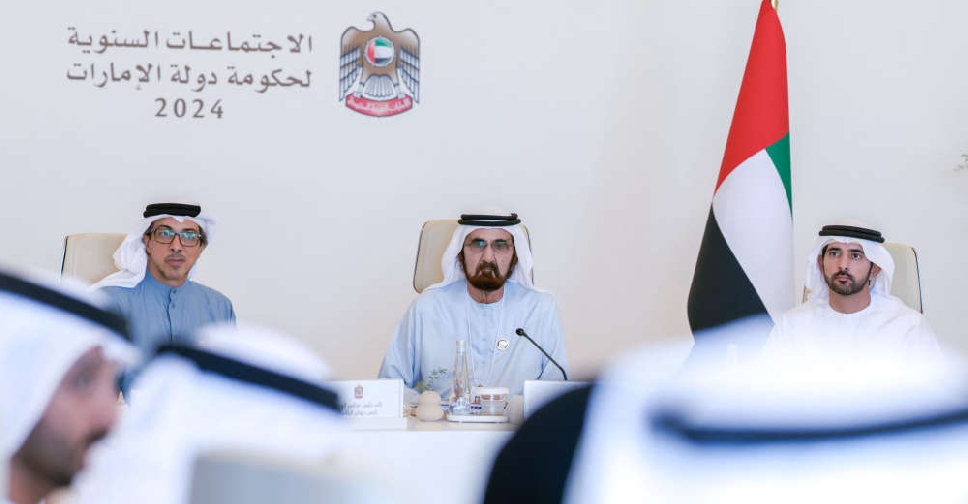
The federal cabinet has approved a comprehensive plan aimed at achieving a drug-free UAE by 2031 and reducing drug-related mortality rates.
The National Anti-Drugs Strategy includes various programmes and initiatives designed to strengthen community resilience against drug use and enhance research in drug detection.
Key goals include supporting at-risk individuals, establishing safe treatment and rehabilitation facilities, and improving employment opportunities for recovering addicts to help reduce relapse rates.
Additionally, the strategy focuses on strengthening border control to combat drug trafficking, apprehending drug dealers, and actively engaging in international counter-narcotics efforts.
It also emphasises the responsible use of potentially addictive prescription medications and includes targeted awareness campaigns, along with the development of policies and research aimed at prevention and promoting positive behavioural change.
This strategy was unveiled during a special cabinet session in Abu Dhabi on Monday, held on the sidelines of the UAE Government Annual Meetings, which was chaired by His Highness Sheikh Mohammed bin Rashid Al Maktoum, Vice President and Prime Minister of the UAE and Ruler of Dubai.
The Cabinet approved the National Anti-Drug Strategy 2024-2031, which outlines a comprehensive series of national programs and initiatives pic.twitter.com/RsbHWjX7mv
— UAEGOV (@UAEmediaoffice) November 4, 2024
The UAE cabinet also announced significant progress in the Federal Government Housing Programme, underlining the nation’s commitment to enhancing the quality of life for its citizens.
Since 1999, a total of 67,148 housing aid resolutions have been approved, amounting to AED 47 billion in financial support.
Recent data shows a rise in homeownership among UAE nationals, jumping from 76% in 2017 to 91% in 2023. The waiting time for housing support has also decreased dramatically, from 4.42 years to just 1.07 years.
In climate action, the Cabinet discussed the UAE’s Nationally Determined Contributions under the United Nations Framework Convention on Climate Change, reaffirming its commitment to climate neutrality.
Several international agreements were ratified, including comprehensive economic partnerships with Jordan and South Korea, and a cooperation agreement on nursing accreditation with the United States, aimed at strengthening international relations.
Additionally, the cabinet has approved plans for the UAE to host the Joint Annual Meeting of Arab Financial Institutions in Abu Dhabi in 2026, marking the 50th anniversary of the Arab Monetary Fund, and the 2025 Meridian Conference on Critical Information Infrastructure Protection.
The UAE's membership in OpenPeppol, a non-profit organisation focused on e-invoicing standards, was also approved, aligning the UAE with over 39 countries and 400,000 businesses to streamline digital invoicing.
The cabinet reviewed the UAE’s capital increase in the Arab Monetary Fund, contributing approximately AED 1.08 billion, and discussed the financial status of the federation as well as ongoing initiatives in education governance and business licensing in free zones.
The Cabinet reviewed the achievements of the federal government’s housing sector in the UAE, assessing the progress made in the Sheikh Zayed Housing Programme over recent years pic.twitter.com/JA6PsNK3TP
— UAEGOV (@UAEmediaoffice) November 4, 2024




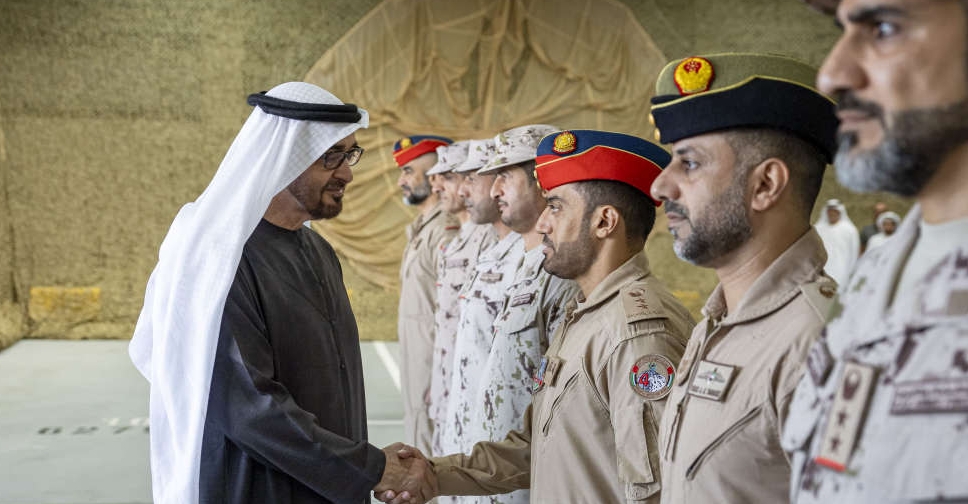 UAE President meets officers of Khalifa bin Zayed II Airborne Brigade
UAE President meets officers of Khalifa bin Zayed II Airborne Brigade
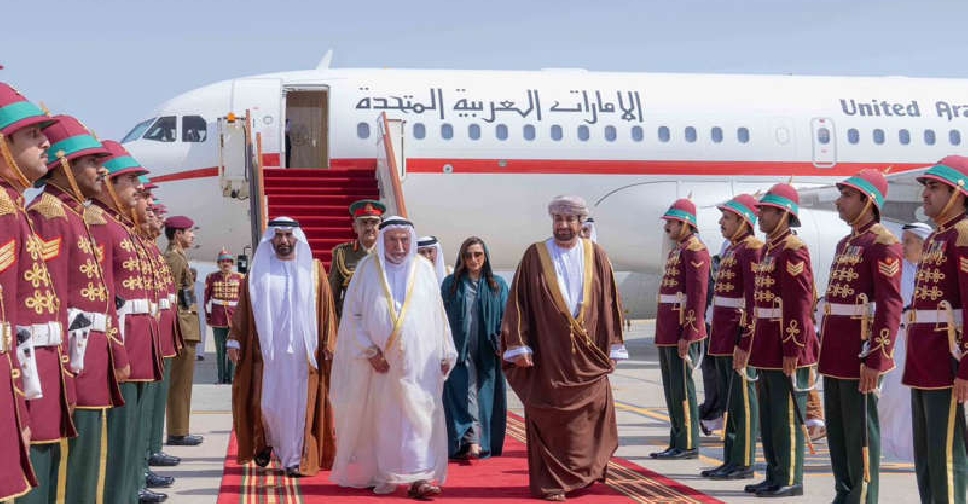 H.H. Sheikh Sultan arrives in Oman on official visit
H.H. Sheikh Sultan arrives in Oman on official visit
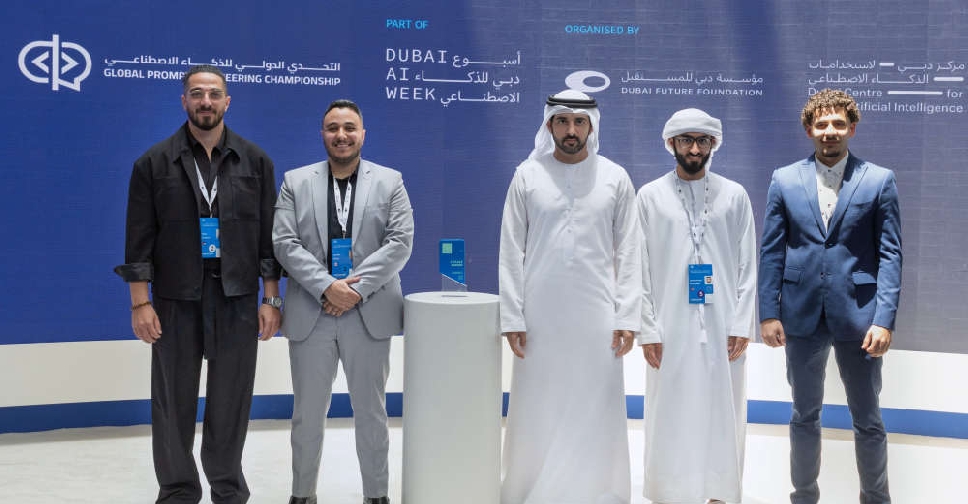 Dubai crowns champions in prompt engineering
Dubai crowns champions in prompt engineering
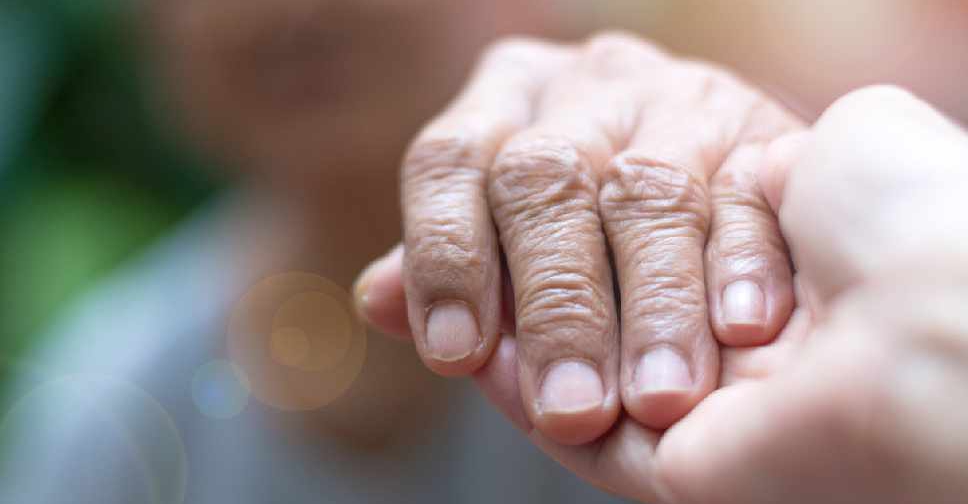 Temporary care support for UAE senior citizens under 'Barakatna'
Temporary care support for UAE senior citizens under 'Barakatna'


